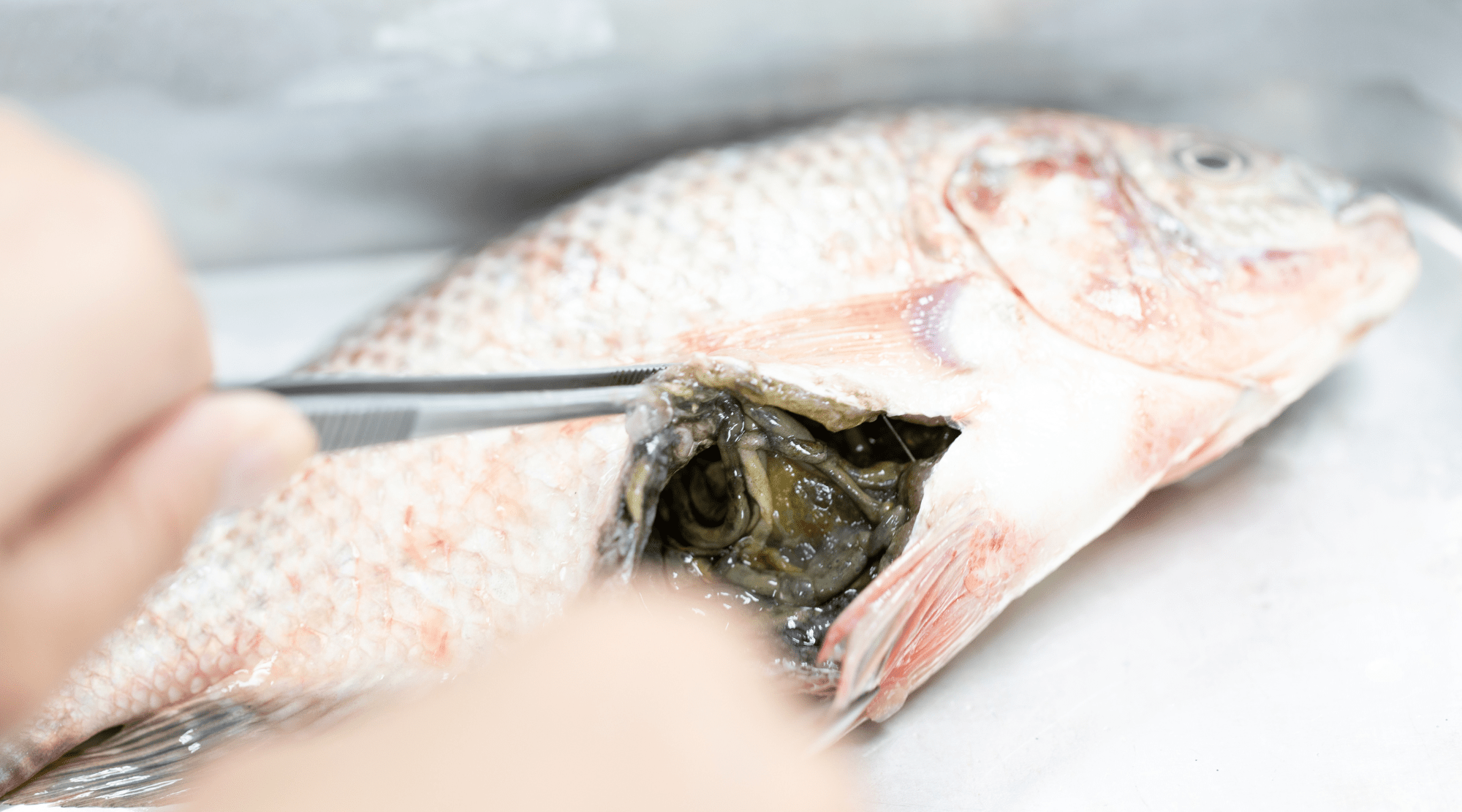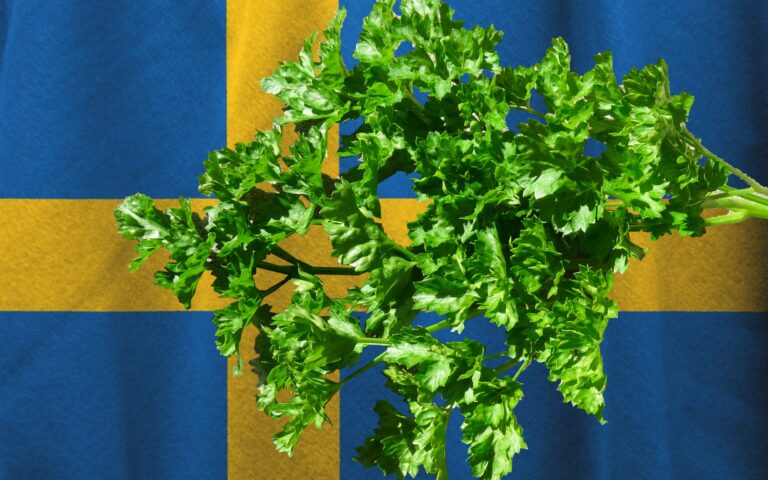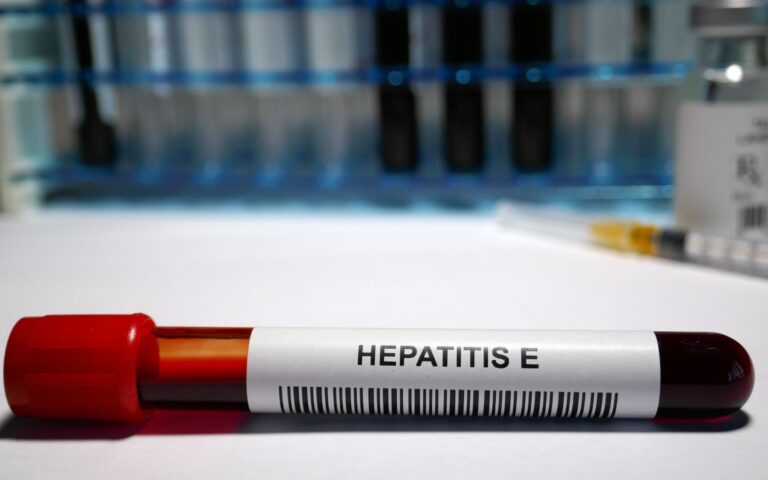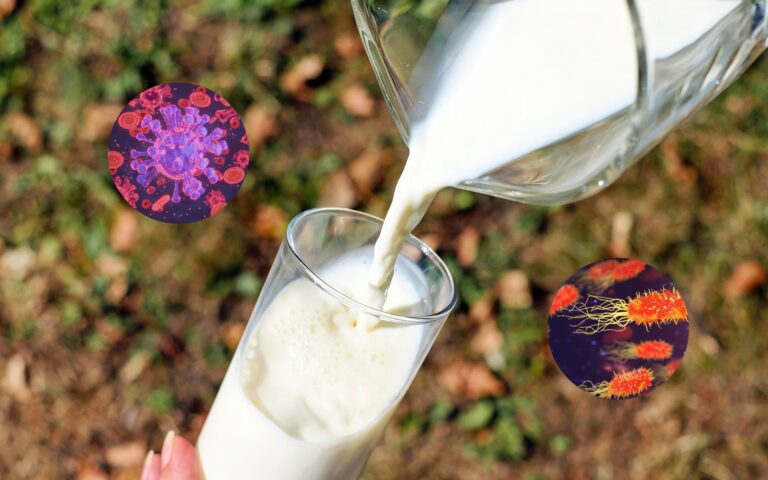In a recent development, European scientists have conducted a thorough review of the prevalence of parasites in fish, alongside an assessment of methods for their detection and elimination. The European Food Safety Authority (EFSA) has issued a scientific opinion based on updated surveillance data, shedding light on the status of various farmed fish species and their susceptibility to parasites.
According to EFSA’s evaluation, several commonly consumed species, including Atlantic salmon, rainbow trout, gilthead seabream, turbot, meagre, Atlantic halibut, carp, and European catfish, are typically free from parasites known to infect humans. However, certain species such as European seabass, Atlantic bluefin tuna, and cod have been found to harbor parasites like Anisakis pegreffii, Anisakis simplex, Cryptocotyle lingua, Pseudamphistomum truncatum, and Paracoenogonimus ovatus.
The assessment highlights that while fish produced in closed recirculating aquaculture systems or facilities with stringent filtration and heat-treated feed are generally parasite-free, those reared in open offshore cages or flow-through ponds may be at higher risk of exposure.
Recent data also highlights the occurrence of foodborne outbreaks linked to parasites, particularly Anisakis, with Spain reporting two outbreaks involving six individuals in 2020. Over the past decade, 21 EU member states have reported 544 cases of infected fishery products to the Rapid Alert System for Food and Feed (RASFF), with Italy reporting the highest number of cases.
To mitigate the risk posed by parasites in fish, EFSA emphasizes the importance of rigorous detection and elimination methods. Freezing and heating remain the most effective means of killing parasites, with specific temperature and duration requirements outlined. Additionally, traditional preservation techniques such as dry salting have shown promise in inactivating parasites like Anisakis.
Looking ahead, EFSA advocates for further research into detection and inactivation methods, as well as comprehensive surveys during the processing stage to address data gaps and ensure the safety of fish products. Efforts are also underway to assess the potential health risks posed by zoonotic parasites in wild fish species from specific fishing areas.
Source: FSN
Reach out to Fresh Group Food Safety And Quality Consulting for any inquiries related to food quality and safety.




